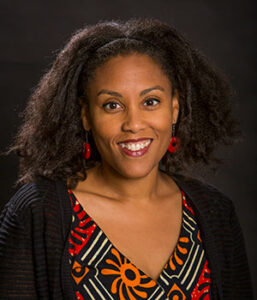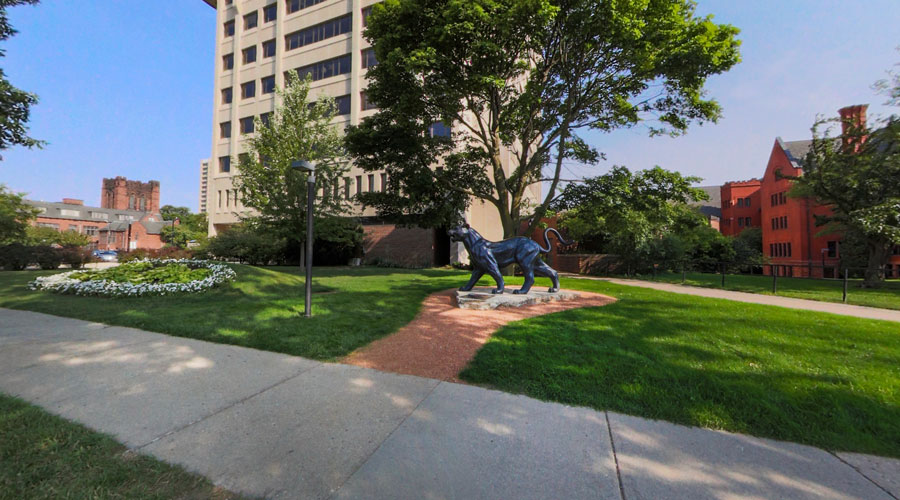Autism Spectrum Disorders Certificate
Autism is the fastest-growing developmental disability, now affecting 1 in 36 children, according to the Centers for Disease Control and Prevention (2020).
Autism Spectrum Disorders (ASD) have become a focus of attention for the general public, families and schools. There is growing interest in understanding ASD; developing education programs and supports; and providing opportunities for inclusion of individuals with ASD into their communities.
Program Type
Undergraduate Certificate, Graduate Certificate
Program Format
On Campus
Prepare to Make an Impact
This certificate delivers a strong foundation for students who wish to pursue careers in special education or therapeutic services in community-based agencies. Coursework and field experiences benefit individuals who live and work with autism spectrum disorders in a variety of settings, such as:
- Special and general education teachers.
- Related services providers.
- Child care workers.
- Job coaches.
- Birth-to-three staff.
- Family members caring for individuals with ASD.
- Therapists working with children in home, school and community settings.
- Individuals interested in learning more about ASD.

The Autism Spectrum Disorders Certificate is a 15-18 credit multidisciplinary certificate program that draws on courses offered by several programs, including exceptional education; psychology; communication sciences and disorders; social work and occupational science and technology.
Through courses, field experiences, and other planned learning experiences, you will:
- Critically examine the characteristics, etiology and prevalence of ASD and related disorders.
- Learn how to work with family members of individuals with ASD.
- Understand challenges with assessment, diagnosis and intervention.
- Understand the language, communication, sensory, transition and social needs of individuals with ASD.
- Understand unique ethical issues faced by families and professionals.
Declaration of Certificate
Undergraduate Students
To request a certificate for this program, visit the Declaration of Certificate webpage.
Graduate Students
Graduate students wishing to obtain this certificate must declare their intention by applying to the program office or director. All graduate certificate applicants—even those already enrolled in a UWM graduate program—must apply to the Graduate School through the Panthera Admission Application.
Program Requirements
Undergraduate
Undergraduate students in the Autism Spectrum Disorders certificate program must complete 15 credits.
Students take two required classes and a field experience. Students determine their remaining elective credits in consultation with their School of Education academic advisor.
Graduate
Graduate students in the Autism Spectrum Disorders certificate program must complete a minimum of 15 credits.
Students take two required classes. Students choose their remaining nine elective credits in consultation with the School of Education program coordinator. The elective credits may come from one or more disciplines.
Admission Criteria
The Autism Spectrum Disorders Certificate is open to:
- Undergraduate students with a 2.75 GPA.
- Graduate students with a 3.0 GPA.
- Community members can apply for the certificate as a UWM special student either at the graduate or undergraduate level. You will need to apply to the university as a visiting student. Interested students will need a minimum GPA of 2.5 or higher.
Faculty
Advising
- (Undergraduate Advising) – Tyree Bolden
- Academic Advisor, Office of Student Services
- boldentc@uwm.edu
- 414-229-4721
- Enderis Hall 209



